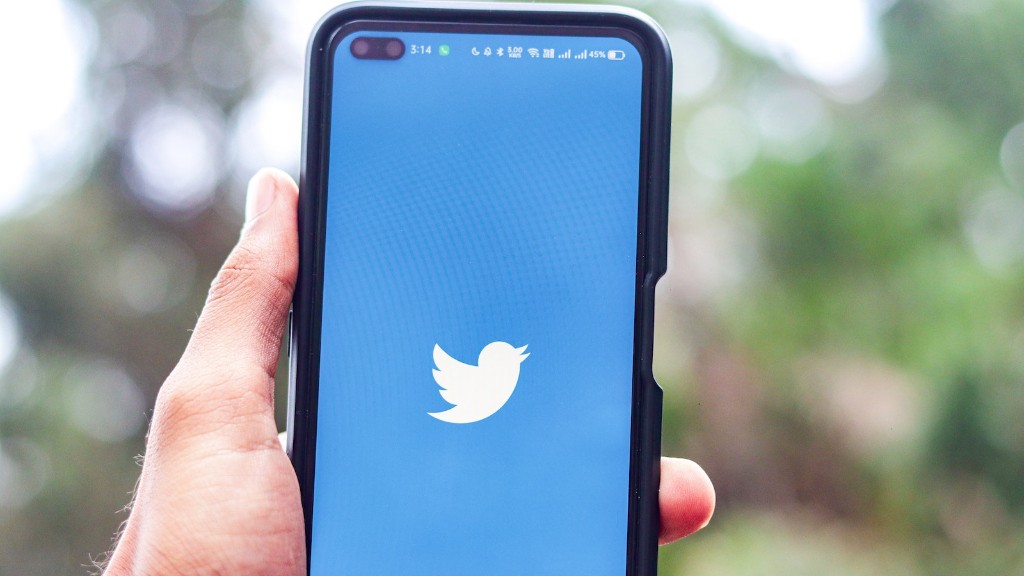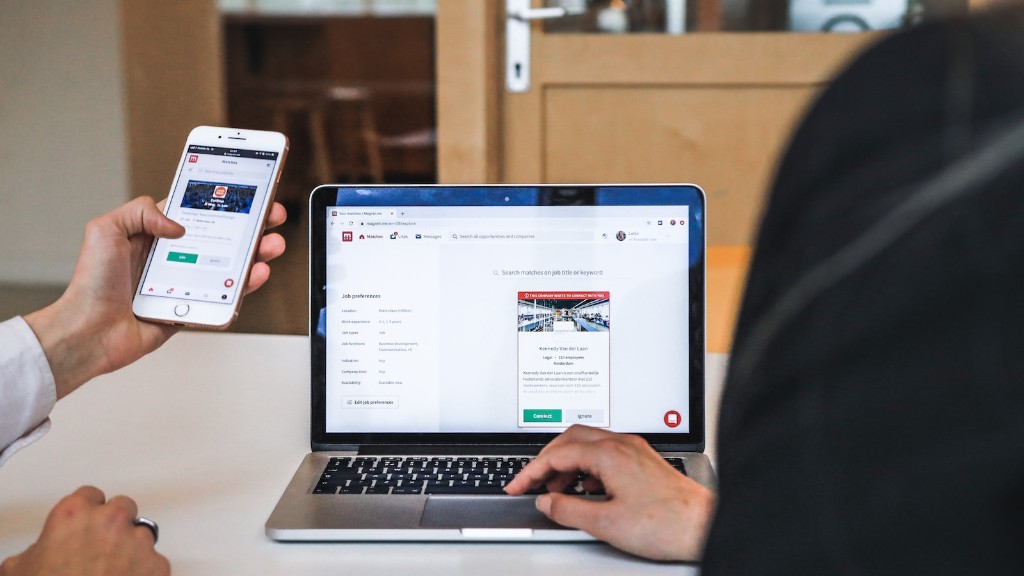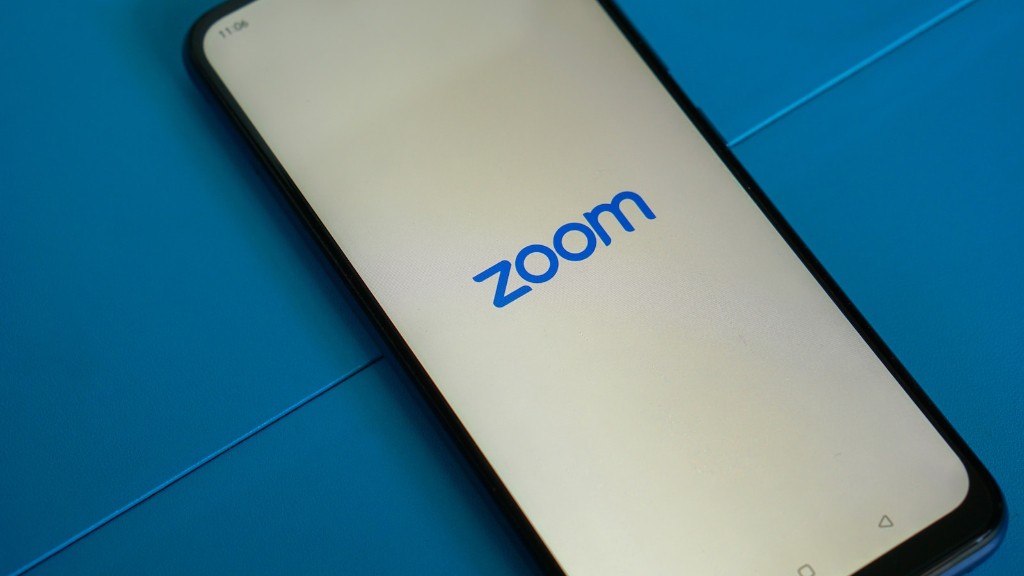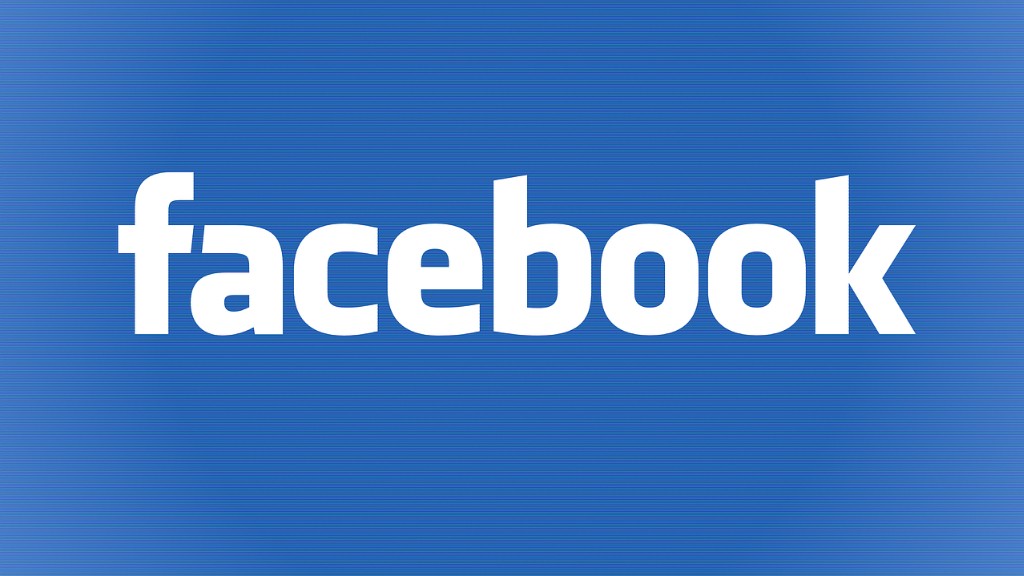A coupon marketing strategy is a great way to attract new customers and increase sales. By offering discounts and coupons, businesses can entice customers to try new products or services. This type of marketing can also be used to build loyalty among existing customers.
The marketing strategy that uses coupons is called a couponing campaign. This strategy is often used by businesses to encourage customers to purchase their products or services. businesses will usually offer discounts or special deals to customers who present a coupon at the time of purchase.
What marketing strategy is coupons?
Coupon marketing can be a great way to attract and retain customers, taking advantage of customers’ interest in saving money on purchases. By offering coupon codes, vouchers and discounts, you can encourage customers to buy from you again and again. Plus, you can use coupons as a way to thank customers for their loyalty, or to promote new products and services.
Discounts and coupons are a great way to attract new customers and promote your brand. However, it is important to remember that promotions should be targeted and relevant to your audience in order to be effective. In addition, you should consider using other retention strategies such as loyalty programs and customer communications to keep your customers coming back.
Are coupons a form of advertising
Coupons are a form of direct response advertising. They are typically used to promote products or services, and are often distributed through direct mail, magazines, newspapers, or online. Coupons can also be redeemed at retail stores or used to purchase goods or services online.
Coupons are a great way to grow market share and increase sales volume. They can also help cultivate loyal customers and drown out competitor advertising. By offering a discount on their next purchase, you will be at the top of their shopping list.
Are coupons push or pull marketing?
Coupons and discounts can be a great way to get customers to try out your product. Other push marketing techniques, such as trade shows, direct mail, and cold calls, can also be effective in getting the word out about your product.
A pull promotional strategy is a great way to get customers interested in your product. By offering sales, coupons, or promotional giveaways, you can motivate customers to check out your product. This can be a great way to increase sales and get people talking about your product.
Are coupons a marketing tool?
Coupons are a great way to drive business to your store and create a discount marketing strategy. They can also attract clients to more profitable products and services that you offer. When used correctly, coupons can be a powerful marketing tool that can help increase your long-term repeat business or sales per customer.
Discount marketing can help increase brand engagement and visibility, and can also generate new leads and convert them into long-term customers. By offering discounts on products or services, businesses can encourage customers to try new things, come back more often, or make larger purchases. Discount marketing can be a great way to build customer loyalty and increase sales.
Are coupons mobile marketing
Mobile coupon marketing can be an effective way to reach new and existing customers. By offering discounts and coupons via mobile phone, businesses can attract customers and encourage them to make purchases. Mobile coupons can be an easy and convenient way for customers to save money, and businesses can benefit from increased sales and customer loyalty.
Coupons can be a great way to increase customer loyalty. Offering frequent deals and special offers can entice customers to shop at your store instead of competitors’ sites. Including coupons in a customer loyalty program can be an effective way to create repeat customers.
What do you call someone who uses coupons?
A coupon is a document or card that can be redeemed for a financial discount or rebate when purchasing a product or service.
Coupons are a great way to save money on just about anything. And most people are doing just that, in huge numbers. In fact, 96% of Americans report using coupons at least occasionally.
What are the two role of coupon in retail marketing
Coupons are a great way to attract customers into your store. They help promote your brand and can save you money on advertising and marketing expenses. Be sure to use them wisely, though, as too many coupons can devalue your brand. Use them to offer discounts on your products or services, or to promote special deals and promotions.
Coupons are a great way to create a short-term boost in traffic to your business. They should be used in conjunction with other marketing strategies to create a well-rounded campaign. Keep in mind that the primary focus of coupons is to save users money, so make sure your offer is one that will be appealing to your target audience.
How do coupons affect businesses?
Coupons can be a great way to attract new customers and boost sales, but they need to be handled carefully. Businesses should offer coupons in ways that will foster long-term customers, rather than just looking for a one-time sale. If a coupon strategy is mishandled, it can reduce overall revenue and disappoint customers.
A push marketing strategy is one in which a company seeks to promote its product or service by directly selling to customers or by placing its product in front of potential customers. There are several examples of using a push marketing strategy, which include:
1. Direct selling to customers: This involves selling products or services to customers through direct channels such as face-to-face sales, company-owned stores, or door-to-door sales.
2. Point of Sale displays (POS): A POS display is a marketing tool that is placed at or near the point of purchase, such as at a store checkout counter. The purpose of a POS display is to catch the attention of potential customers and encourage them to make a purchase.
3. Trade show promotion: Trade shows provide an excellent opportunity to promote products or services to a large number of potential customers in a short period of time. Companies can set up booths at trade shows and offer product demonstrations or free samples.
4. Packaging designs to encourage a purchase: The design of a product’s packaging can be used to encourage potential customers to make a purchase. For example, a product that is packaged in an eye-catching way or that has an appealing design is more likely to catch a
What is an example of push strategy
A push strategy is one in which a company direct sells a product to consumers, without going through other distribution channels. An example of a company that might use a push strategy is one that sells insurance or holidays directly to consumers. With this type of strategy, consumer promotions and advertising are the most likely promotional tools.
Pull marketing is a great way to get the word out about your product and increase sales. By creating a buzz about your product, you can attract potential customers and educate them about your offerings. You can also use pull marketing to spread the word about sales and discounts, which can entice customers to seek out your products.
Warp Up
A marketing strategy that uses coupons is a way to entice customers to purchase a product or service. By using coupons, businesses can offer a discount on the total purchase price, which can save the customer money. Additionally, using coupons can help businesses track how effective their marketing campaigns are.
Coupons are often used as a marketing strategy to attract new customers or to keep existing customers coming back. Coupons can be used to offer discounts, freebies, or other special deals. This marketing strategy can be effective if used properly, but it can also backfire if customers feel like they’re being “solicited” too much.





